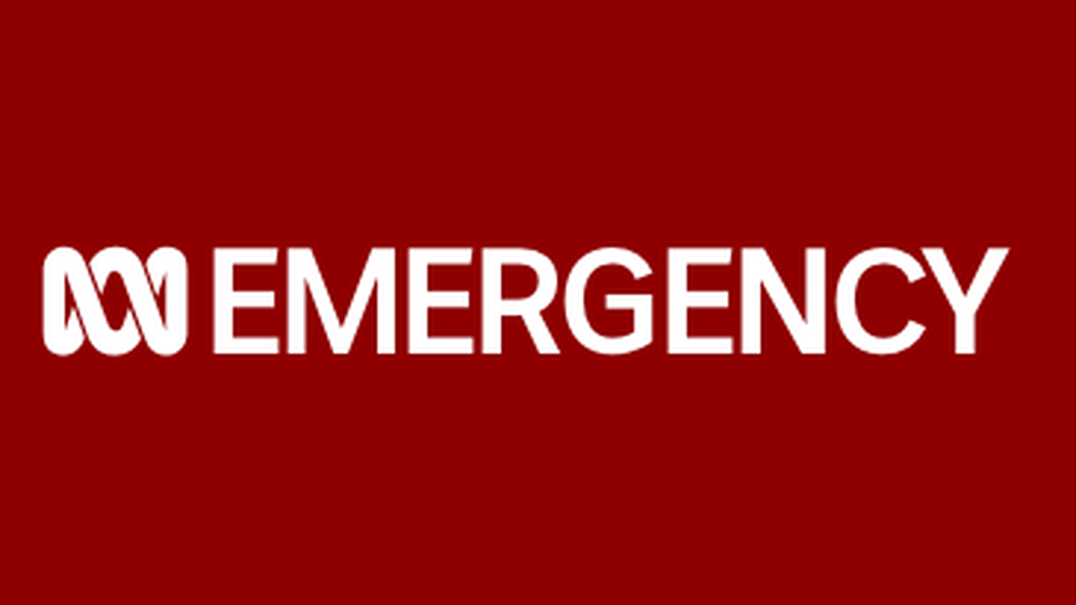Television and radio play an important role in supporting the communication of emergency warnings.
If you do not have access to television or a smart phone, in most areas emergency information will be broadcast on your local ABC radio station. However, some areas have a different local radio station which handles emergency broadcasts.
It is important to ensure television broadcasting during emergency situations is accessible for Deaf, Deafblind and hard-of-hearing people. In recent years, the provision of Auslan interpreters for emergency broadcasts have become common practice.
ASTRA (link opens in a new window) and Free TV (link opens in a new window) are the peak bodies for free and paid TV stations. They have guidelines on the inclusion of Auslan interpreters in emergency broadcasts. Deaf Societies around Australia work with local emergency services and broadcasters to improve Auslan access to broadcast emergency information.
Astra Subscription Media - Broadcast of Emergency Information
The Australian Subscription Television and Radio Association (ASTRA) is the peak body representing the subscription media industry in Australia. ASTRA members include television operators, independent content companies, technology companies and the industries that support them. ASTRA manages codes of practice, and represents the industry with regulators and government.
The Broadcasting Services Act 1992 requires that if a broadcaster, at the request of an emergency service agency, transmits an emergency service warning on any of its television broadcasting services, the broadcaster must:
- Transmit the whole of the warning in:
i) The form of text; and
ii) The form of speech; and - If it is reasonably practicable to do so—provide a captioning service for the emergency warning.
Emergency warnings must be provided in text – the intention of the legislation as it relates to captioning is to also require, where possible, the captioning of associated verbal commentary.
Where an Auslan interpreter is present at a news conference or official briefing regarding an emergency, subscription television licensees will include the Auslan interpreter in frame where it is practicable to do so.
FreeTV Australia - Advisory Note Broadcast of Emergency Information
Free TV Australia is the peak industry body representing commercial television broadcasters. It core focus is to support and advance the contribution commercial free-to-air television makes to Australia's culture and economy.
FreeTV Australia's advisory note on emergency information states licensees should have in place adequate procedures to enable the timely and accurate broadcast of emergency information to the licensed community.
Emergencies are in general regarded as situations in which there is an imminent or actual threat within the community, whereby life or property are at risk and which requires a significant and coordinated response by emergency or essential service organisations.
A number of emergency and essential service organisations will be relevant for each licence area. As a general guide, emergency or essential service organisations include Police, Fire, Rural Fire, Ambulance, State Emergency Service (SES), Water, Port or Health Authorities and the Bureau of Meteorology. The licensee and appropriate emergency or essential service organisations in the licence area should jointly identify, develop and maintain effective lines of communication.
A licence area may have an Emergency Management Committee/Counter Disaster Council or equivalent organisation formed under State/Territory legislation, which is responsible for issuing guidelines to identify key emergency organisations and procedures for broadcasting emergency information. If such committees/councils exist, the licensee should become familiar with such guidelines and procedures.
Licensees should:
- consult with appropriate emergency and essential service organisations within the licensed area and implement internal procedures to enable the timely and accurate broadcast of warnings and information supplied by such organisations relating to an existing or threatened emergency; and
- ensure a designated person within the licence area served is identified as the contact officer during business and non-business hours for all emergency matters.
Licensees should review and, where necessary, update procedures regularly in consultation with the appropriate emergency and essential service organisations.
Where an Auslan interpreter is present at a news conference or official briefing regarding an emergency, licensees will include the Auslan interpreter in frame where it is practicable to do so.
Licensees should ensure that all key employees are aware of and familiar with such guidelines.






